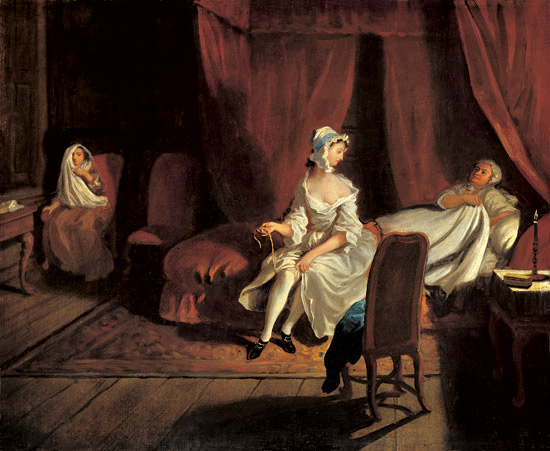« Great Work-Life Balance Moments in the Movies. | Main | Jim McElhaney: Jurors--and Lawyer Fatigue. »
November 16, 2010
Writing Well: Satire--and Law?
The satirist is to be regarded as our physician, not our enemy.
--Henry Fielding, 1707-1754
Like lawyers, physicians may no longer be the great opinion leaders, or social architects, they once were, or people had hoped they would be. Still, you get what Fielding was trying to say. But satire (even Swift's) really never moves people. It just clarifies and makes them think.
So maybe it's ironic that satire is the only form of legal writing (I've even seen clever poetry in U.S. Tax Court pleadings) no one ever does--and should not try to do--in court papers, opinion letters or inter-lawyer correspondence. The law needs certainty, clarity and steadiness of tone--all kept at a consistent wave-length so we do not lose our place. You need to know the speaker or writer is 100% dead stone sober, and painfully no-nonsense serious. All are necessary mediocrities, if no fun at all.
But you do get excited and think you are about to see some great and epic satire and commentary every time you read a pleading which begins "COMES NOW...", a letter which begins (and my favorite) "Enclosed herewith please find..." or contract which uses "said" frequently. You are disappointed when you realize it's intended to be a serious document.
Legal Writing. Legalese. Legal-Speak. Can't we just "say it"?

Fielding's first novel was Joseph Andrews (1742), in which footboy Joseph rejects Lady Booby's advances.
Posted by JD Hull at November 16, 2010 11:50 PM
Comments
My ears (and eyes) have almost always perked up when a 'paramour' or two hits the pleadings. Matrimonial papers, in general, have more sex, drugs and rock'n'roll that makes for slightly more interesting (even if generally poor quality) legal writing.
No good legal writer can use the identical skill set to craft fiction. The two methods are totally different: The lawyer tells, the fiction writer shows.
Cogent, precise, analytical brief-writing therefore is not great literature. It describes, it persuades, it proves - it doesn't inspire or entertain (on purpose, anyway!).
Posted by: Terri Weiss at November 16, 2010 11:04 PM
Post a comment
Thanks for signing in, . Now you can comment. (sign out)
(If you haven't left a comment here before, you may need to be approved by the site owner before your comment will appear. Until then, it won't appear on the entry. Thanks for waiting.)